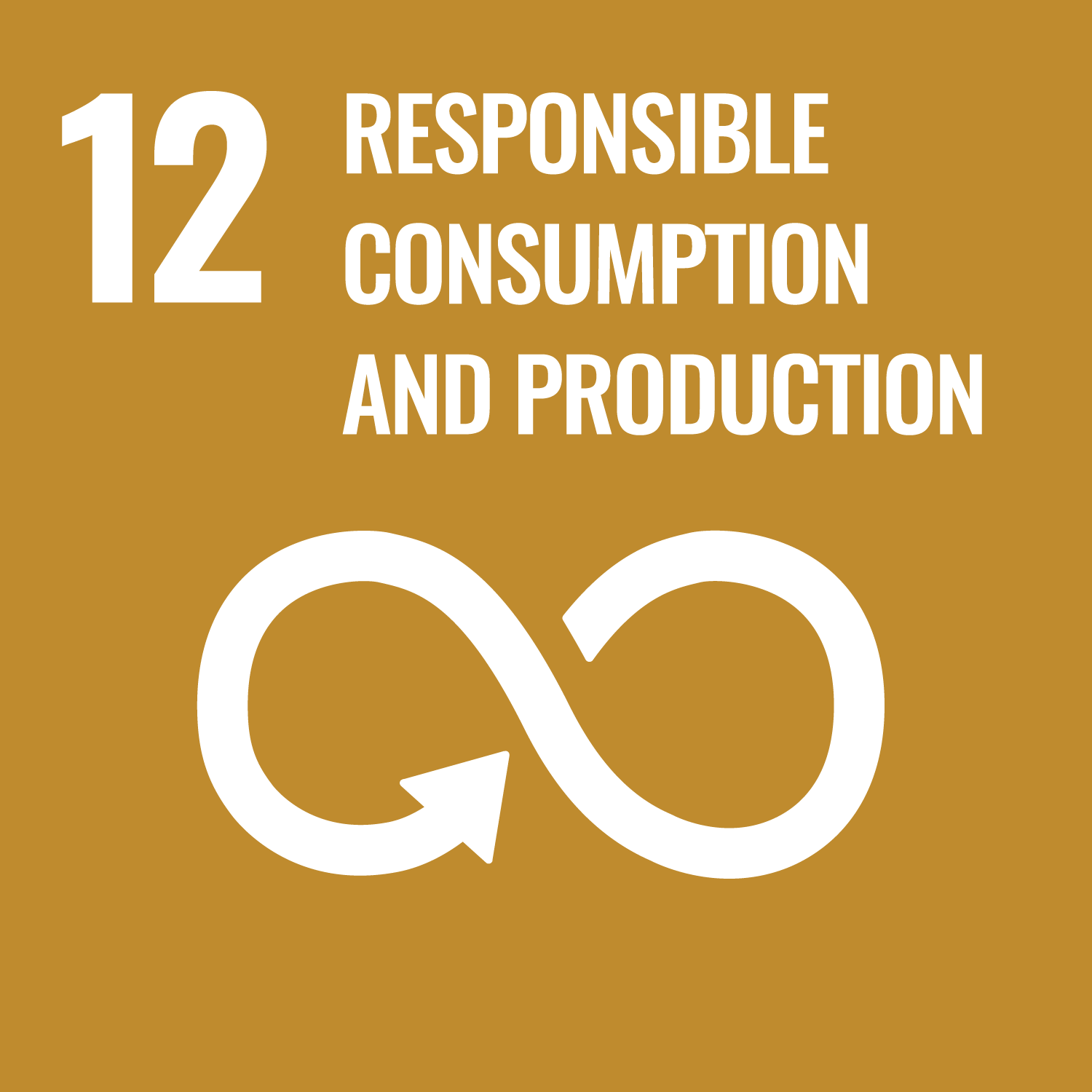Strategic Environmental Management
Masachika Suzuki, Professor
Graduate School of Global Environmental Studies,
Master’s (Doctoral) Program in Global Environmental Studies
- 教育・授業
【Course description】
Recently, we see more extreme, sometimes catastrophic events in many parts of the world. Scientists demonstrate better evidence indicating the link between our economic activities and the environmental degradation. We are beginning to realize that environmental issues are no longer negligible in business operations. Negligence of the issues may result in serious economic loss for a company. On the other hand, many companies have begun to recognize environmental management as a way forward to generate profitable opportunities. Toyota made a major investment to produce hybrid cars before its competitors. As you witness now, the hybrid cars have been sold well in the international market. Another example can be observed in the chemical industry. DuPont placed research and development efforts in producing alternative chemical to the ozone-depleting CFCs (chlorofluorocarbons) in the 1980s. The company successfully developed alternative chemical to CFCs and altered its strategic position on international regulation (Montreal Protocol) to ban CFCs.
This course introduces essential concepts of strategic environmental management as well as leading practices of environmental management. To begin with, we will review essential theoretical approaches in strategic environmental management. Through the review, we will be able to gain conceptual foundation on this subject.
Some questions that we will address in this course are following:
1. What are the leading examples of environmental management among companies?
2. How are the companies dealing with global environmental sustainability issues such as SDGs (Sustainable Development Goals), ESG (Environment, Society, Governance), and climate change?
3. What are the drivers for the companies to formulate environmental strategy and management? Are they external and/or internal drivers? Are there any pressures from the external environment for the companies to cope with sustainability such as regulatory, social, market and technological pressures?
4. How do investors consider the companies that have better environmental strategy and management? Do they consider it as part of company’s intangible values? How does environmental strategy and management relate to competitiveness of the companies in the global market?
5. How do the companies deal with environmental issues through their global supply chain?




